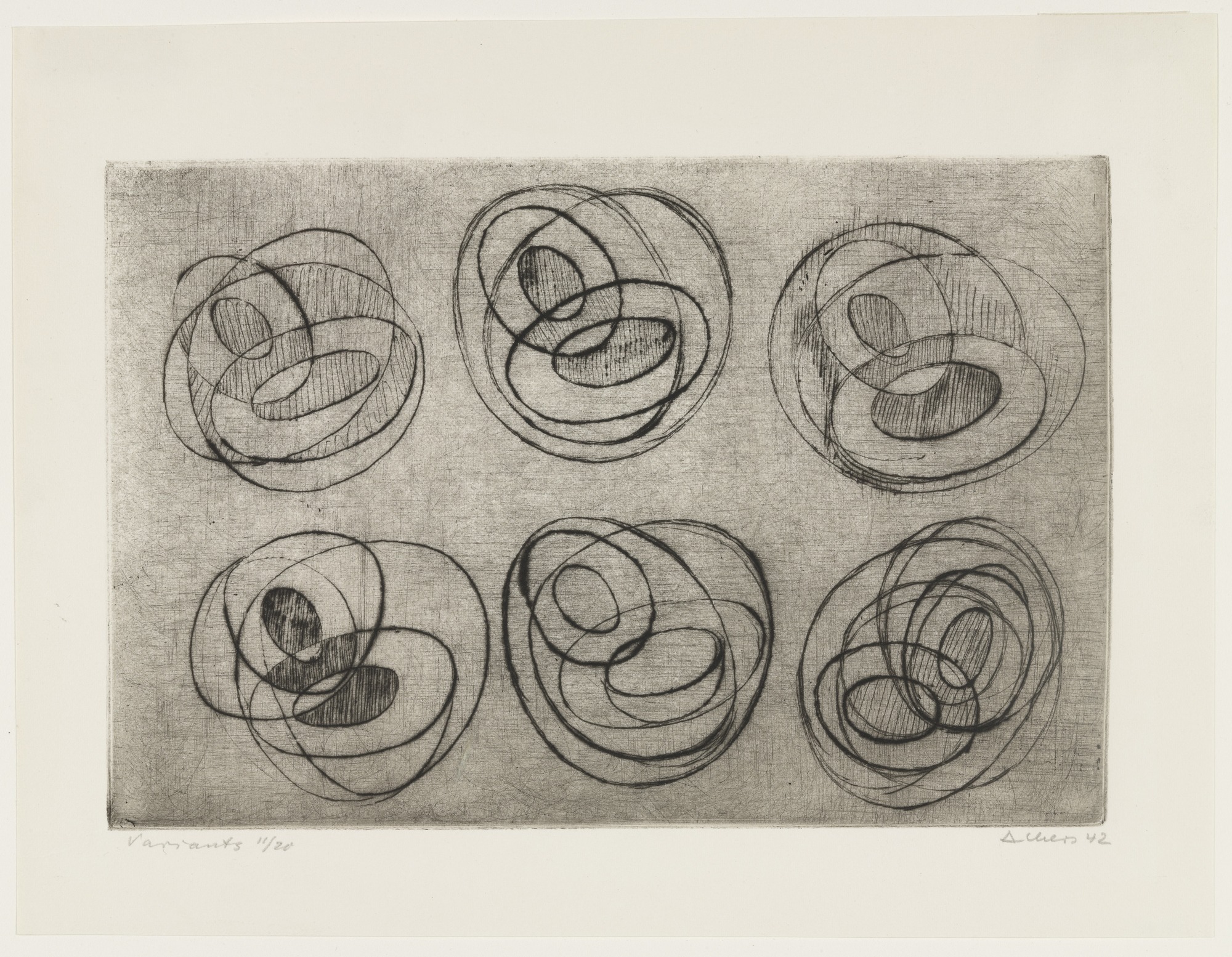Nathan Lane is an economist working on political economy, development, and economic history. Assistant Professor at Monash University, he is the co-founder of sodalabs.io, an interdisciplinary research hub for data-driven work in the social sciences.
Lane’s research has focused on comparative development, in particular on state-led development patterns, including work on industrial policy in South Korea, the way historical states shape development and political action, and an indispensable look at the challenges of studying industrial policy and how new empirical strategies can overcome them.
Nathan blogs here, and tweets here. Below, his recommendations for Phenomenal Works.
Nathan Lane
“The Effects of Trade Policy,” by Penny Goldberg and Nina Pavcnik
My energy at the moment is focused on a number of projects related to postwar growth and development policy in the era of globalization. This research considers the role of the state in promoting (or stymying) industrialization during that period. While I’m an empirical economist, a number of intellectual and global histories have been inspirational for helping me (and my co-authors) grasp the complexity of the last century. Quinn Slobodian’s Globalists: The End of Empire and the Birth of Neoliberalism and, most recently, Sara Lorenzini’s Global Development: A Cold War History helped me think more broadly about the construction of contemporary international development institutions.
As contemporary trade and development economists, we tend to be very much “in the weeds,” and often take for granted this recent period of development. Like Slobodian and Lorenzini’s work, Amy Offner’s Sorting Out the Mixed Economy: The Rise and Fall of Welfare and Developmental States in the Americas has been humbling in this regard. By tracing the rise of capitalist developmental policy in Latin American, her scholarship shows that the levers of international economic policy don’t always stack into neat dichotomies. Nor do they comport to standard narratives.
Reading these histories has been inspirational, even for a mainstream economist like myself. By taking history seriously, by digging into the empirics of “what happened,” we often learn that our received understanding of the recent past is crude. In economics, I suspect we have a lot to gain from revisiting the developmental experiences we assume we understand.
To this end, I recommend “The Effects of Trade Policy,” a fantastic review article by economists Penny Goldberg and Nina Pavcnik. Goldberg and Pavcnik argue that, in the era of globalization, our field hastily concluded that scholarship on trade policy was now largely beside the point. Their overview of recent work on liberalization shows that empirical research is perpetually adding nuance to our understanding of these events. If there is still much to be written about the historical forces of liberalization, Goldberg and Pavcnik make the case that our core empirical understanding of these policies is incomplete—especially when it comes to basic measurement.
Addendum
NB: I initially started with the following aside:
- The Clash: “Clampdown.” This has been on repeat a lot during late night data cleaning sessions. Colin Coulter uses this anthem in the title of his new book on music during the ascent of neoliberalism: Working for the Clampdown: the Clash, the Dawn of Neoliberalism, and the Political Promise of Punk.
Filed Under
